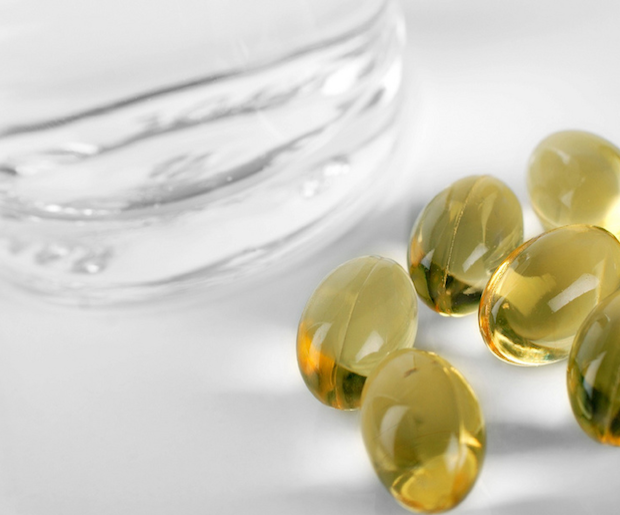Because its brimming with the omega-3 fatty acids that our bodies can't manufacture on their own, fish oil has been the go-to supplement for folks seeking to temper internal inflammation, prevent heart disease and stroke and gain many other heath benefits.
The assortment of fish oils on the market is astounding -- everything from burp-less (ew) to time release, to supplements for your dog are yours for the buying.
READ: Vitamins for Women: What You Really Need
Interestingly, it turns out that, like us, fish don't produce the two fatty acids (eicosapentaenoic acid, EPA, and docosahexaenoic acid, DHA) either, they ingest them as an ancillary benefit of their microalgae and prey fish-heavy diets.
And now, after years of monopolizing the omega-3 fatty acid market, krill, those teensy bottom-of-the-food-chain crustaceans inhaled by the gazillions by baleen whales everywhere, are poised to make a move on fish oil's prevalent positioning.
Here's why. As Britain's
The Telegraph reports, krill is "considered superior to fish oil" for a three compelling reasons.
• Krill oil is pure and concentrated (fish oils can be tainted by mercury or other pollutants).
• Krill oil is more seamlessly and quickly absorbed into our bloodstreams. No burp-less angle required with krill, it's soaked up so swiftly that it won't leave behind an unpleasant fishy aftertaste. (And, by virtue of that small fact alone, in this writer's book anyway, we have a winner.)
• And, perhaps most important and convincing is the fact that, "krill oil contains a naturally occurring antioxidant, astaxanthin, which is known to offer multiple benefits to the body. Fish oils need to have added vitamin E in order to protect the oil from turning rancid."
So, if you're already taking an omega-3 fatty acid supplement, you may want to consult with your physician about maybe taking the lead from our humpbacked and bottle-nosed friends and dipping your health into the krill pool.
READ: Women and Stress: 6 Foods that Calm Panic

